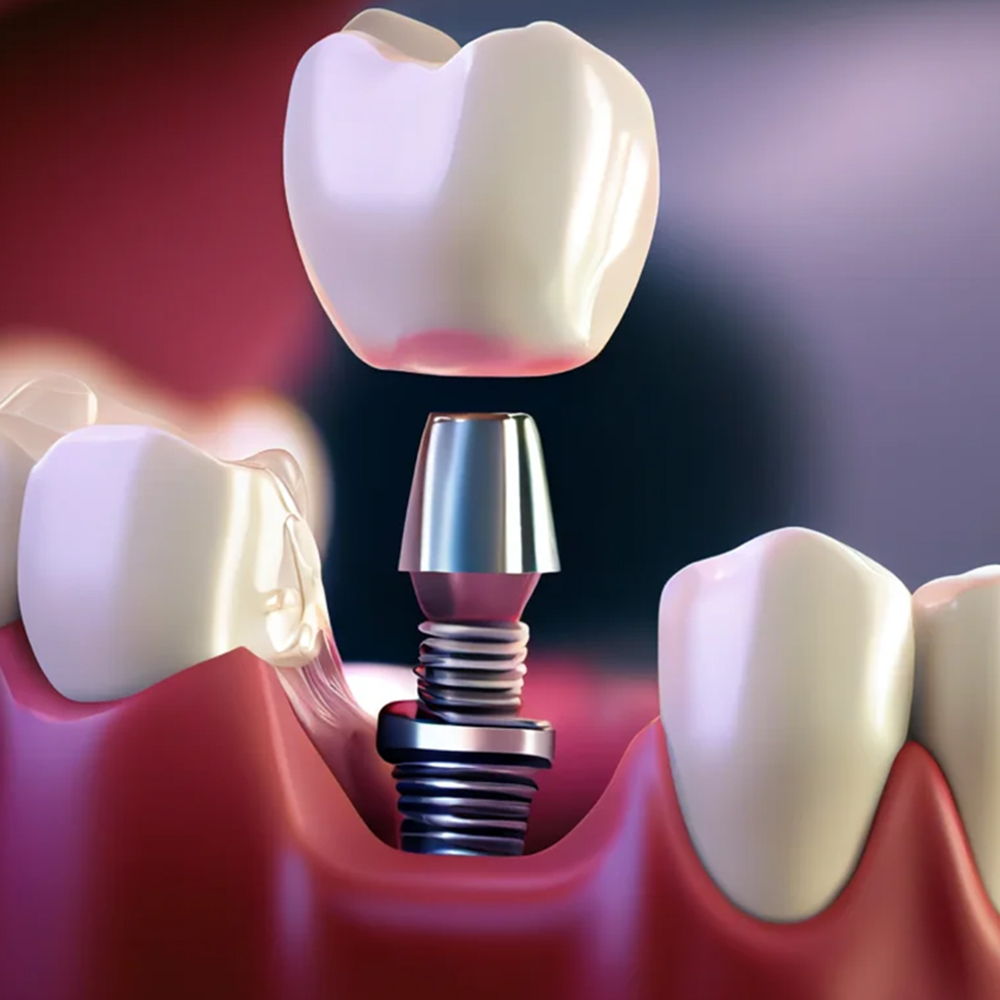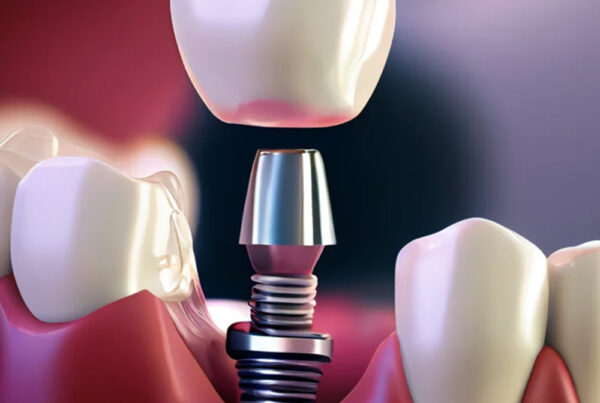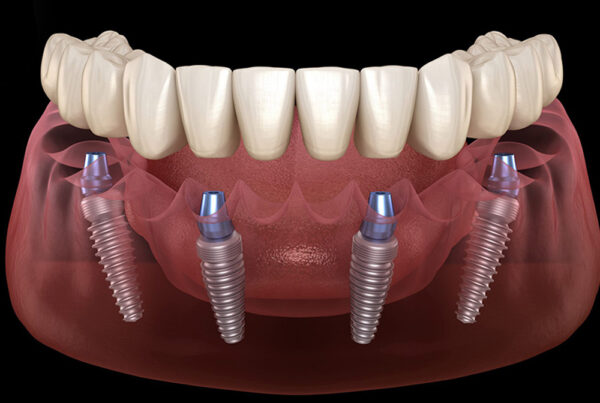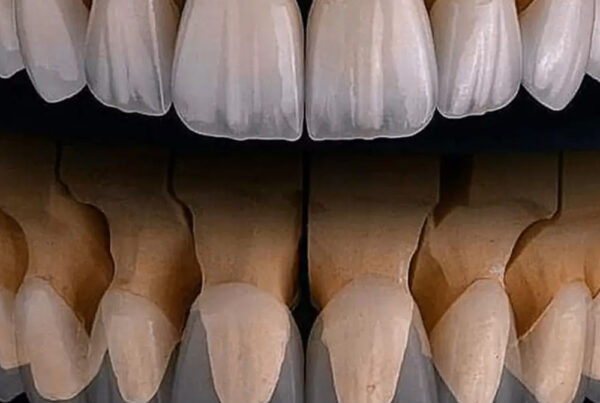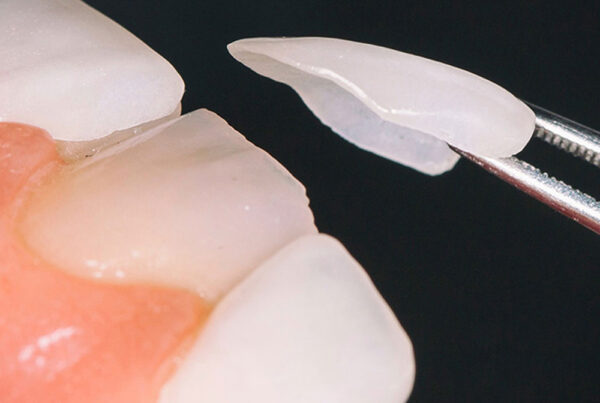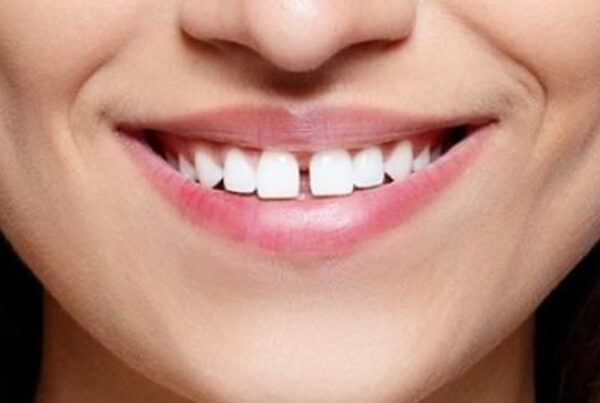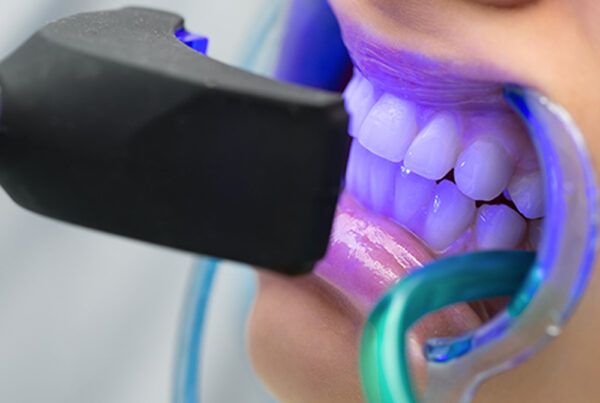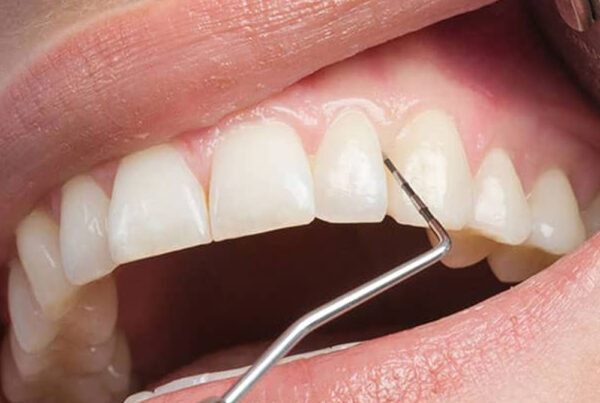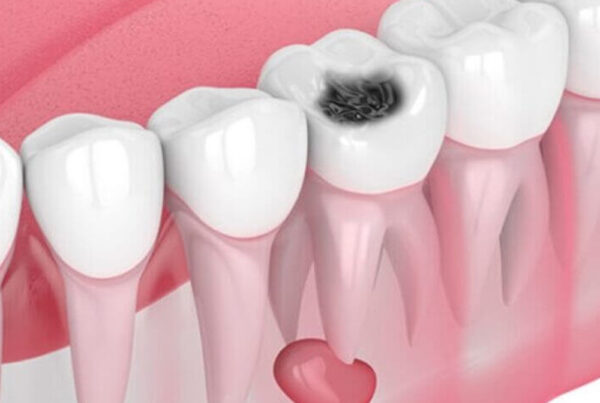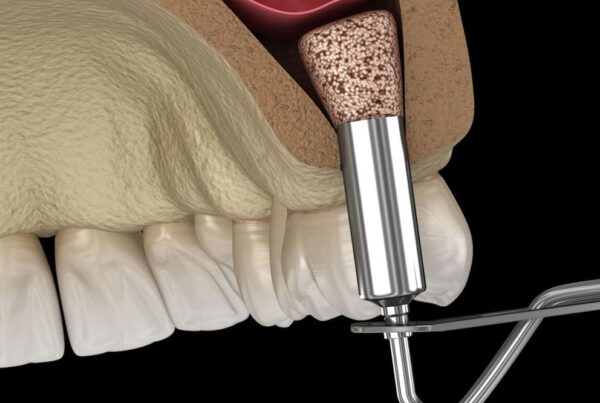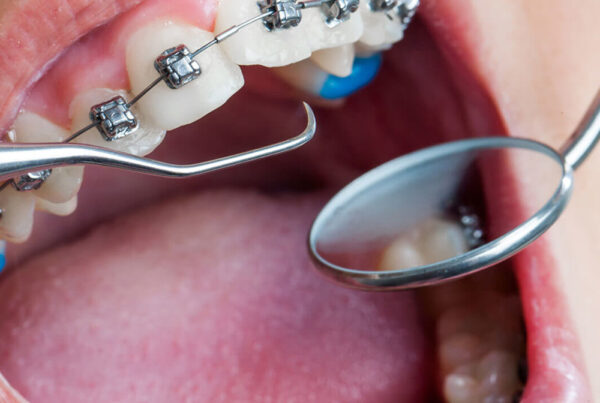Dental implants consist of a titanium screw, abutment and prosthetic parts. The titanium screw remains in the jawbone and takes over the function of the tooth root, creating the best alternative to natural tooth roots. The prosthetic abutment, called abutment, connects to the titanium screw in the bone, allowing the restoration and titanium screw to be joined. Implant treatment can be safely applied in single tooth deficiencies, multiple tooth deficiencies and total tooth deficiencies where there is not even a single tooth in the mouth. Thanks to implants, it is possible to provide function and aesthetics without damaging the natural teeth in the mouth.
In which cases can implants be used?
It should not be forgotten that your teeth are an organ that affects not only our chewing but also our speech, appearance and even our personal charisma.
Implants can be applied in cases of single tooth loss, multiple tooth loss and complete edentulism.
Who can receive implants?
- Has a normal wound healing capacity,
- Good oral hygiene Sufficient or potentially healthy bone structure that can be increased to a sufficient amount,
- Anyone who does not have systemic diseases (diabetes, advanced osteoporosis, etc.) that would be unfavorable for implantation can be implanted.
What are the advantages of an implant?
Implants are robust, comfortable and reliable. Prostheses made on implants create the most natural structure while replacing real teeth. In the process of completing missing teeth, healthy teeth are not touched. Of course, it is a very important advantage that our healthy teeth are not cut in order to make prosthesis. In addition, implants are much longer lasting than other prosthesis options.
Implant treatment will be the first alternative that will come to mind, especially in our patients who have lost the chance to use fixed prostheses due to tooth deficiencies or in our patients who complain that their total prostheses are not fixed in their mouths due to bone resorption.
Because the prolonged human life span due to the development of living standards has made many of us demand a certain comfort of life in advanced ages. Again, using removable (removable) prostheses from a young age is not something that any of us would desire. At this point, implants offer us a great treatment alternative.
The effects of tooth loss will be psychological as well as physiological. Implants, as a special application that replaces the natural tooth, offers a definitive and healthy solution to the physiological and psychological problems caused by tooth loss or congenital tooth deficiencies.
What is Oral Implantology?
Implants are plates, screws and nails made of titanium, which are placed in the place of lost teeth for the purpose of treatment and do not have any side effects for the organism and can function like a natural tooth after completing the combination with bone tissue.
The tooth made on the implant looks like your natural tooth and performs naturally.
Implant is an application that goes back as far as human history. In various periods of history, people have seen it as a solution to mount parts that will serve as teeth on the jawbone.
Today, the most commonly used metal as implant material is titanium. Titanium is a metal with excellent tissue compatibility and has been used safely in many fields of medicine for centuries.
Titanium, which is shaped as a root, cylinder or screw, is ready for use as a dental implant after undergoing a number of special processes (special design pickling, laser roughening, etc.). These processes determine the quality of the implant.
As a result of tooth loss or trauma, physiologically occurring bone resorption causes a decrease in the level and volume of the jawbone. This prevents the prosthesis to be applied from fully fulfilling its function. As a result, there are problems with chewing and speaking.
What are our treatment goals?
- To eliminate all kinds of edentulism and missing functions with implants and implant prostheses supported by them.
- Elimination of single tooth deficiency without touching neighboring healthy teeth
- The elimination of multiple missing teeth by making fixed bridges with the help of implants instead of removable prostheses.
- In case of complete edentulism, it is not possible to make fixed prostheses instead of removable prostheses (palate).
- Can implants be applied at any age?
- Yes. Only in young people, bone development must be completed. This takes place until the age of 16-17 for girls and 18 for boys.
- There is no upper age limit for adults. It can be applied to people of any age who are in good general health. Elderly people need dental implants more because they lose more teeth and their jaw bones erode.
Are all dental implants successful?
Successful implants require good general health, i.e. sufficient “healing potential”, a correct diagnosis and proper cleaning and maintenance of the implant. In addition, the physician must have performed appropriate surgery and a suitable prosthesis. In addition, excessive smoking and/or excessive alcohol consumption will negatively affect success. Depending on the above factors





